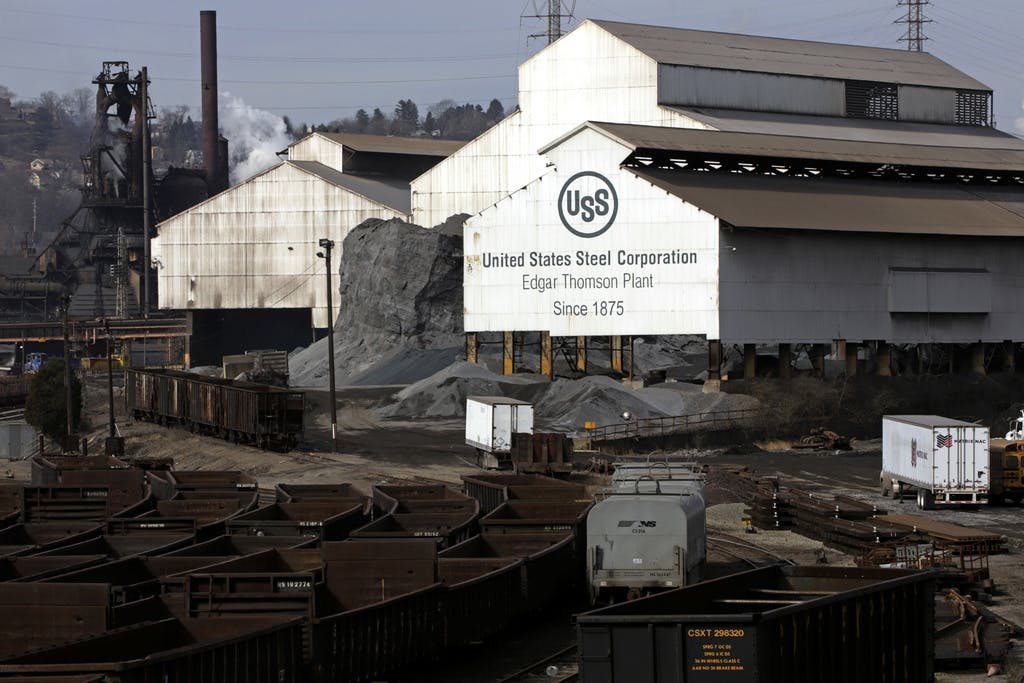Swallowing America’s Pride Would Be Worth It in Japanese Company’s Deal To Buy United States Steel
It’s embarrassing that America’s elites shipped much of our country’s manufacturing overseas in past decades. A little embarrassment is sometimes restorative, though.

“Countries have no friends … only interests” — or so goes the paraphrased version of Lord Palmerston’s statement.
So 19th-century British Empire.
A login link has been sent to
Enter your email to read this article.
Get 2 free articles when you subscribe.

